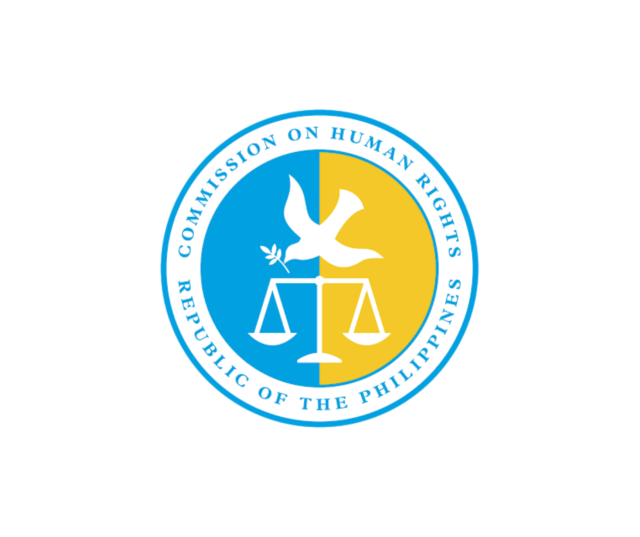TODAY, 15 June 2020, we join advocates around the world in raising awareness on elder abuse. We cannot stress enough how important this day is especially in the context of the Covid-19 pandemic, which disproportionately affects older people. During this unprecedented public health crisis, their health, and worse, their lives, are put at heightened risk.
The World Health Organization defines ‘elder abuse’ as a single or repeated act, or lack of appropriate action, occurring within any relationship where there is an expectation of trust, which causes harm or distress to an older person. This type of violence constitutes a violation of the human rights of older people. It includes physical, sexual, psychological, and emotional abuse; financial and material abuse; abandonment; neglect; and serious loss of dignity and respect.
Elder abuse, despite its seriousness, is an invisible issue in the Philippines. Data on this subject is hardly available due to underreporting and limited research focused on it. In a study conducted more than 10 years ago, in 2004, among urban poor communities, around 40% of older people respondents stated that they personally experienced abuse ranging from physical and verbal abuse, ridicule and discrimination, and negligence. Perpetrators are most often children and other family members of older persons. Of those who experienced abuse, only 2% reported it to the authorities, while 11% turned to their families for support and 21% sought no support or refuge.
Around the world, there is emerging evidence that violence, abuse, and neglect of older persons increased due the Covid-19 outbreak. In the country, we are still unaware of their actual situation within homes, institutions, and communities.
However, news reports and reliable social media posts show how the vulnerability of many sectors has increased. The situation of older persons, who are vulnerable to violence, abuse, and neglect, is no different. Community quarantine measures forced vulnerable older people to be isolated with potential abusers for a very long period of time. The stress, anxiety, and financial problems that the health crisis has brought to quarantined households further add to the risk of abuse. Police intervention, health and psychosocial services, and justice institutions that victims of abuse may avail of or resort to are either reduced or non-operational in some parts of the country. Older persons may also be isolated from social contacts, and may have difficulty accessing services which have migrated to digital platforms as they adjusted to the quarantine measures.
We share this very helpful flyer from Help Age International, an international non-government organization, to promote better understanding about what elder abuse is: https://helpage.app.box.com/s/gjimoqkqwonsj6r006m3ltbe66k5yhij. Other useful materials are also available in their website: https://www.helpage.org/.
Older persons have the right to be free from violence, abuse, and neglect. The Department of Social Welfare and Development and the local government units have the responsibility to respond to cases of elder abuse. Families, communities, and older persons themselves also have important roles to play in ensuring that no older person experiences human rights violations.
We all need to be aware of elder abuse, recognize its early signs, know how to find help, and report them to the proper authorities. We encourage everyone to contact local authorities to report cases of elder abuse in their homes or communities. Exposing any form of abuse may well be the last thing that can save a life.
(Statement of the Commission Human Rights on The Occasion of the World Elder Abuse Awareness Day)





